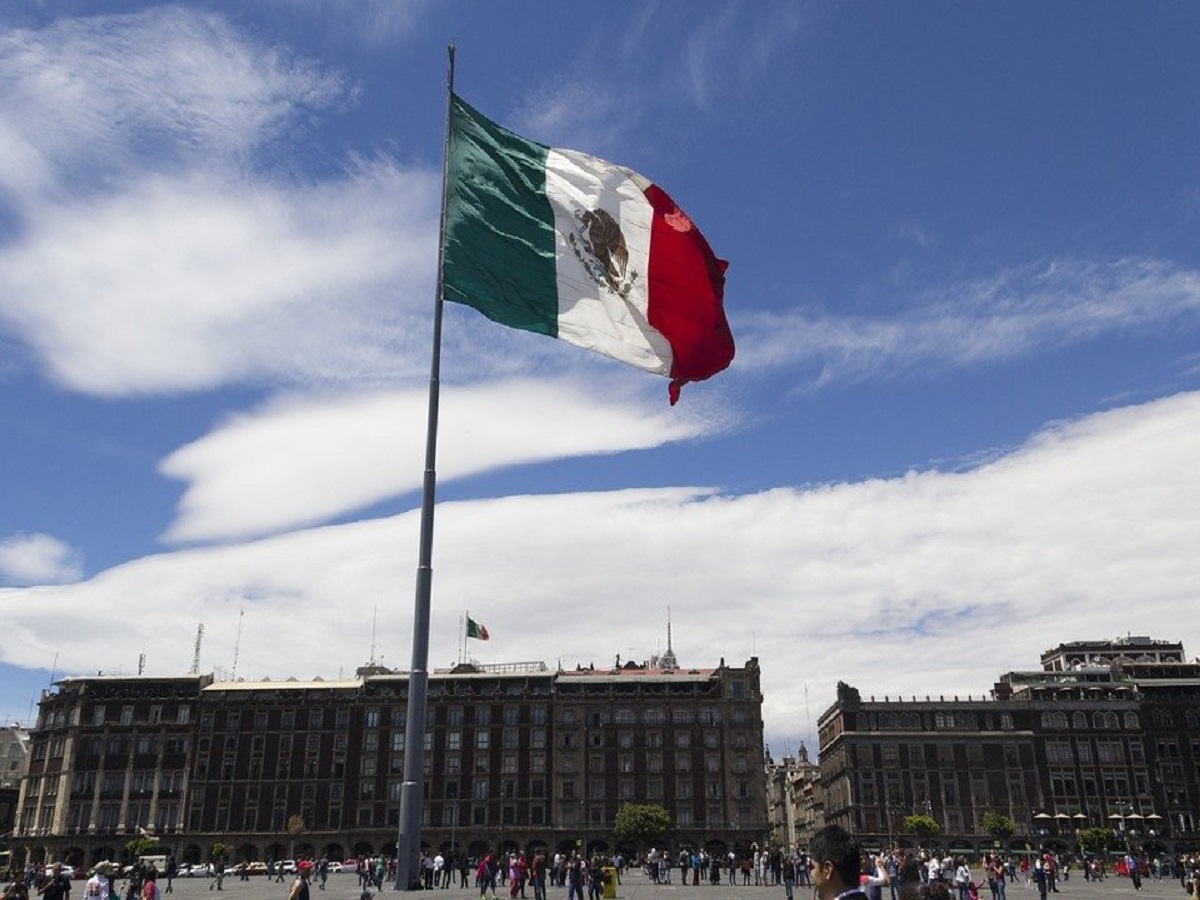
Mexico’s Legislature Set To Advance Adult Use

Mexico’s Legislature Set To Advance Adult Use
The country’s lawmakers have a deadline to meet, set by the Supreme Court
Mexican lawmakers are set to vote this week on cannabis legalization mandated by the Supreme Court to happen before December 15. Indeed Mexico is the only country, so far, to have had to go to the Supreme Court twice, not just once (as for example happened in Canada). First to move the issue of medical reform forward, and then on the recreational side. It is also the only country so far where the issue of recreational cannabis reform is mandated by a country’s top judicial legal body.
The legislation is intended to regulate the recreational and hemp market. The medical vertical is beyond the scope of focus. Mexico actually approved medical cannabis in 2017 – but the law has never been properly implemented.
What Next?
The legislation will make provisions for the establishment of a cannabis agency. It is also expected to create a licensing infrastructure for a nascent industry. Foreign ownership of licenses would also be limited.
This in turn creates the fascinating political reality of the United States being bordered on both sides, with federally legal recreational cannabis markets.
The implications of the same at a time when federal reform has all but been put on a backburner in the U.S.- no matter whether the House of Representatives votes for reform or not before the end of this legislative session – are significant for the American discussion. Namely, why, in a country ravaged by a pandemic, and where a third of the population live in a recreational reformed state, has final and full reform stalled?
That said, given the forward motion on reform, just about everywhere, the idea of the U.S. continuing to foment the Drug War south of the border is as outdated as the idea of resisting the green wave, no matter how slowly it is moving.
Latin America Is Moving Beyond The Drug War
With the U.S. at least side-lined in this discussion, cannabis reform in Latin America and the Caribbean is finally unshackled from the threat of U.S. military intervention or financial sanctions (see banking). Reform is clearly moving forward in the region (see Argentina of late).
The next question, however, rather glaringly on the table, is where will most cannabis in the future be sourced from? Imports to the U.S. from Latin America are indeed not all that far away and that path is opening already between Latin America and Europe.
For the most up to date information on the rapidly changing global cannabis industry, be sure to book your tickets to the International Cannabis Business Conference when it returns to Europe
Share article


Share article
Join Our Awesome Community
Join Our Awesome Community
Join Our Awesome
Community
Get all the latest industry news
delivered to your inbox




